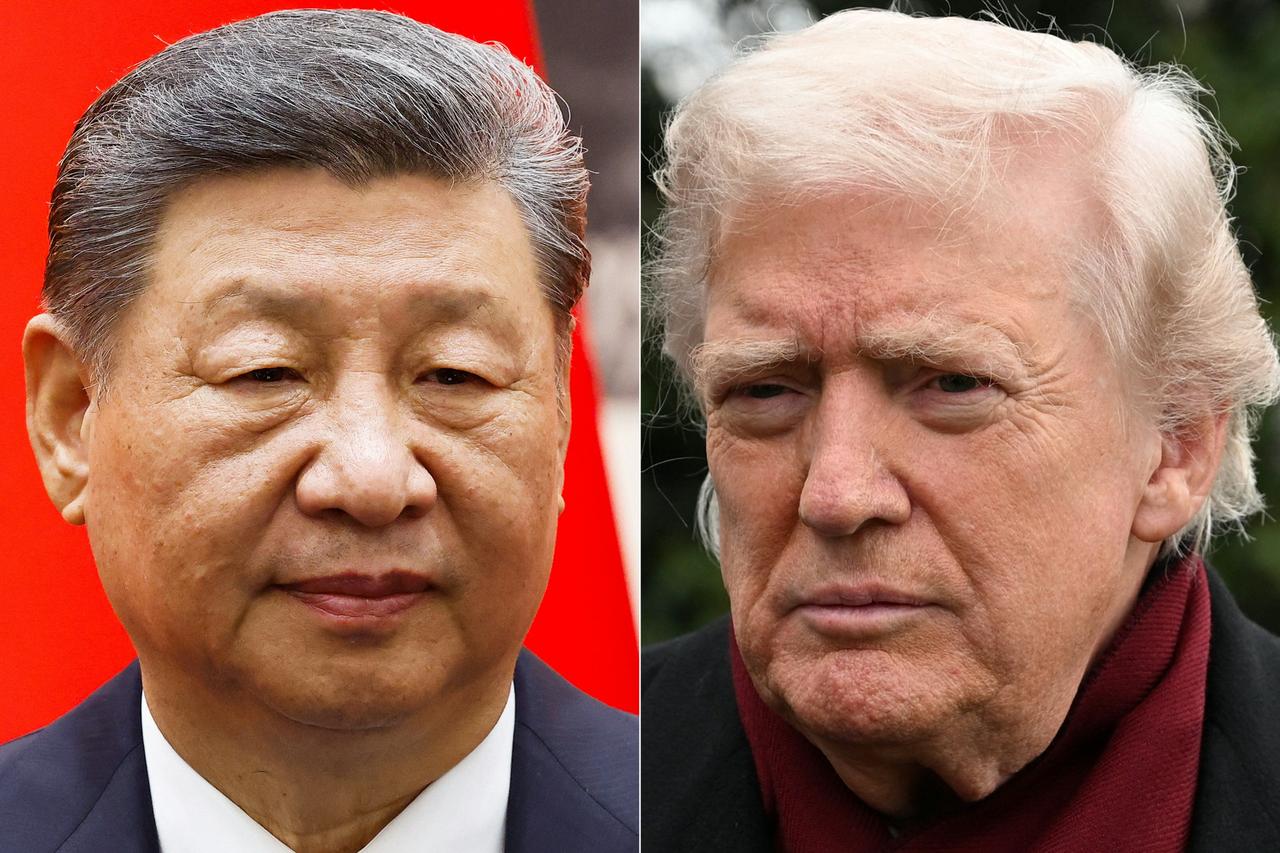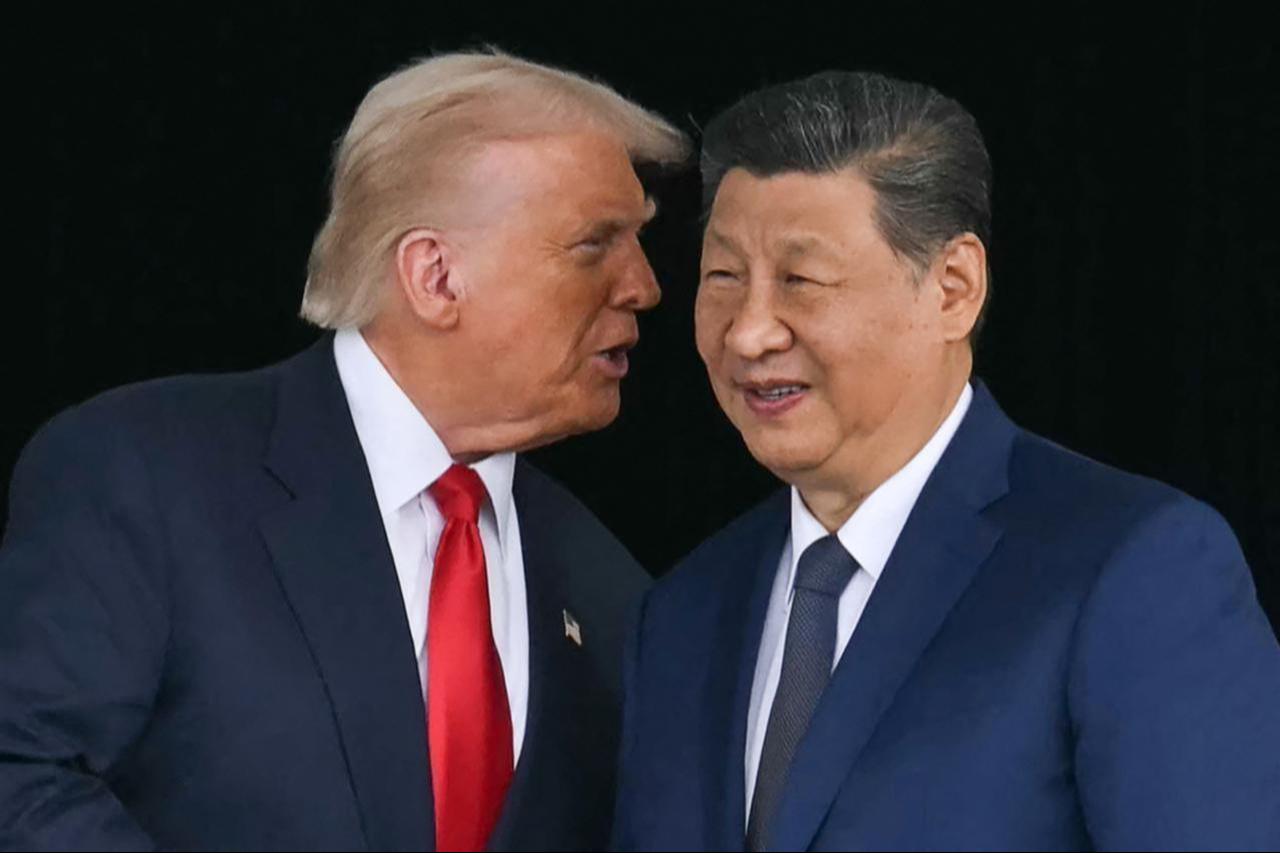
U.S. President Donald Trump announced Monday that he will visit China in April to address the Taiwan issue and sustain bilateral trade momentum, following a phone call with Chinese President Xi Jinping, which he described as a "very good" conversation.
The conversation followed last month’s summit in Busan, South Korea, where the two leaders agreed to a one-year framework aimed at easing trade tensions.
According to the White House, China committed to suspending select export controls on rare earth elements, while both sides pledged gradual tariff adjustments. Beijing also agreed to increase agricultural imports from the U.S., including soybeans, a point Trump referenced in his broader remarks.
In his social media post, Trump said the call covered topics including "Ukraine/Russia, fentanyl, soybeans, and other farm products" and confirmed that he had invited Xi for a reciprocal visit to the United States later in 2026.
Trump emphasized the importance of maintaining the positive direction established at the Busan meeting and praised the overall state of U.S.–China ties, saying, "Our relationship with China is extremely strong."
According to China’s foreign ministry, Xi used the call to stress that Taiwan’s return is a fundamental part of the post–World War II international order, shaped by the joint U.S.–China victory over fascism and militarism. He urged Washington to help uphold this framework and described safeguarding that outcome as a shared responsibility.
While Trump did not mention Taiwan in his statement, Beijing said he acknowledged the issue’s importance to China. Xi characterized the October summit as "successful," saying it recalibrated the broader relationship and provided momentum for more stable engagement, Chinese media said.

The Taiwan issue has recently intensified frictions between China and Japan. Earlier this month, Japanese Prime Minister Sanae Takaichi said that a Chinese attack on Taiwan could constitute a "survival-threatening situation" under Japanese law, potentially permitting Tokyo to exercise collective self-defense.
China responded by reimposing a seafood import ban and issuing travel advisories. Both countries have since submitted formal positions to the United Nations.
Takaichi later confirmed she had a separate phone call with Trump, during which they discussed his exchange with Xi and broader security cooperation in the Indo-Pacific region.
The call also covered the ongoing war in Ukraine. Xi reaffirmed China’s support for diplomatic efforts aimed at ending the nearly four-year conflict and encouraged all parties to reduce tensions.
The U.S. is currently advancing a proposed peace framework under negotiation in Geneva, involving Ukraine and several European governments. The draft has drawn criticism for aligning with Russian demands, though Washington continues to press for a settlement.